There’s a lot of misinformation out there about ovulation and breast pain. Some people think that ovulation is the cause of breast pain, but this is not necessarily true. In fact, breast pain during ovulation is generally very mild and only lasts for a day or two. However, some women do experience more severe breast pain during this time, and it can be quite uncomfortable. If you’re experiencing breast pain during ovulation, there are a few things you can do to ease the discomfort. Read on to learn more.
What is ovulation?
Ovulation is the release of an egg from one of the ovaries. It usually happens about midway through the menstrual cycle, around day 14. The egg travels down the fallopian tube toward the uterus. If the egg is fertilized by a sperm, it can implant in the lining of the uterus and pregnancy can occur.
Some women have mild cramping or pain during ovulation. This is called mittelschmerz (German for “middle pain”). It’s thought to happen when the egg is released from the ovary or when it’s being pulled into the fallopian tube. Mittelschmerz can also be a sign that you’re about to ovulate.
The ovulation cycle
During ovulation, the ovary releases an egg which travels down the fallopian tube. At the same time, the uterus lining thickens in preparation for a possible pregnancy. Some women experience pain or discomfort in their breasts during ovulation. This is caused by the increased levels of hormones in the body during this time. The pain is usually mild and goes away on its own. However, if the pain is severe or lasts for more than a few days, it is important to see a doctor to rule out any other potential causes.
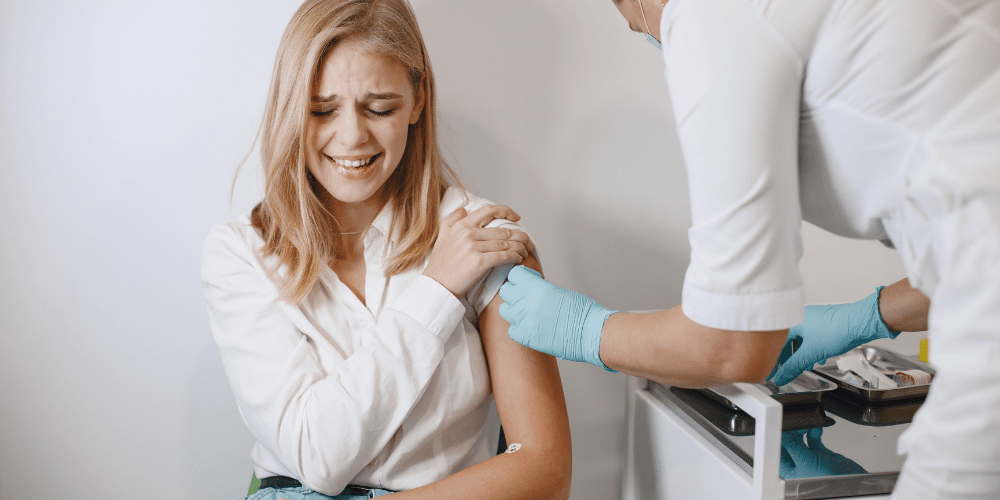
Breast tenderness during ovulation
For many women, ovulation is accompanied by breast tenderness. This is caused by the hormonal changes that occur during the menstrual cycle, and is perfectly normal. Breast tenderness during ovulation can vary from woman to woman, and some may not experience any discomfort at all. However, for those who do, it can be a very uncomfortable feeling. The good news is that it is only temporary and will go away once your period begins. If you are concerned about your breast tenderness, or if it is severe, please consult your doctor.
Other symptoms of ovulation
Other symptoms of ovulation may include:
-bloating
-cramps
-headaches
-mood swings
-acne
When to see a doctor
There is no definitive answer to this question, as some women experience breast pain during ovulation and some do not. If you are concerned about your breast pain, or if it is severe, relentless, or accompanied by other symptoms, such as fever or redness, then you should see a doctor. Additionally, if you have any concerns about your reproductive health, it is always best to err on the side of caution and make an appointment with your gynecologist.
Coping
There are a few things you can do to ease breast pain during ovulation. Wearing a supportive bra, taking over-the-counter pain relievers such as ibuprofen or acetaminophen, and applying a heating pad or cold compress to the affected area can all help. Additionally, some women find relief by wearing a sports bra or compression tank top during the day and loosening their clothing when they go to bed at night.
If your breast pain is severe or does not respond to self-care measures, your doctor may prescribe oral contraceptives or other medications. Surgery is rarely needed to treat ovulation breast pain.
The ovulation process
The ovulation process is a complex series of events that occur in the ovaries. The ovaries are responsible for producing and releasing eggs, which are then fertilized by sperm to form embryos.
During ovulation, the ovary releases a mature egg into the fallopian tube. This egg is then available to be fertilized by sperm. If fertilization does not occur, the egg will be released from the body during menstruation.
There are a number of hormones that play a role in ovulation, including follicle-stimulating hormone (FSH) and luteinizing hormone (LH). These hormones work together to stimulate the growth of an egg-containing follicle on the ovary. As the follicle matures, it begins to produce estrogen.
Estrogen levels peak just before ovulation and trigger a surge of LH, which causes the follicle to release its egg. The egg then travels down the fallopian tube toward the uterus. If it is fertilized by a sperm along the way, it will implant itself in the uterine lining and begin to grow into an embryo.
What causes breast pain during ovulation?
For many women, ovulation is accompanied by mild breast pain. This pain is caused by the release of the egg from the ovary, which signaling the start of the luteal phase of the menstrual cycle. The egg travels down the fallopian tube, and as it does, it releases hormones that stimulate the growth of the uterine lining in preparation for a possible pregnancy. These same hormones also cause an increase in blood flow to the breasts, which can result in breast pain or tenderness.
In addition to hormonal changes, some experts believe that the physical act of ovulation itself can cause breast pain. When an egg is released from the ovary, it is surrounded by a thin layer of tissue known as the ovarian follicle. As this follicle breaks open, it can cause inflammation and irritation in the surrounding breast tissue.
Breast pain during ovulation is usually mild and temporary. It typically lasts for one to two days and should not interfere with normal activities. However, if you experience severe or persistent breast pain, you should consult your doctor to rule out other potential causes.
What can I do to ease breast pain during ovulation?
If you experience mild breast pain during ovulation, there are several things you can do to ease your discomfort:
Apply a warm compress: Applying a warm, moist compress to your breasts for 10-15 minutes can help ease breast pain and tenderness.
Applying a warm, moist compress to your breasts for 10-15 minutes can help ease breast pain and tenderness. Wear a supportive bra: Wearing a well-fitting, supportive bra can help reduce breast pain by providing support and limiting movement.
Wearing a well-fitting, supportive bra can help reduce breast pain by providing support and limiting movement. Take over-the-counter pain relievers: Taking ibuprofen or another over-the-counter pain reliever can help reduce inflammation and relieve pain.
Taking ibuprofen or another over-the-counter pain reliever can help reduce inflammation and relieve pain. Try a home remedy: Some women find relief from breast pain by applying a mixture of equal parts water and apple cider vinegar to the affected area. Others find relief from applying a cloth soaked in cold water or milk to the area.
When to expect breast pain during ovulation
Breasts can hurt during ovulation for a variety of reasons. For some women, the pain is due to the release of the egg from the ovary. This process, called ovulation, can cause inflammation and pain in the breast tissue. Other women may experience breast pain during ovulation because of changes in hormone levels. Estrogen and progesterone levels fluctuate throughout the menstrual cycle, and these changes can affect breast tissue. Additionally, some women have an increased sensitivity to their own body’s hormones during ovulation. This can also lead to breast pain.
There is no one answer to the question of when breast pain during ovulation will occur. It can vary from woman to woman and cycle to cycle. However, if you are experiencing breast pain that is severe or persistent, it is important to speak with your healthcare provider. They can help determine the cause of your pain and recommend treatment options.
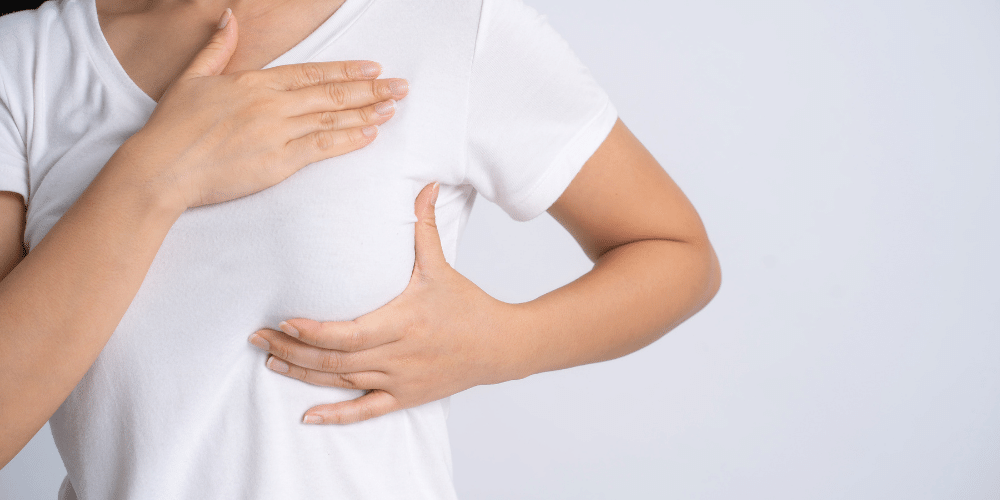
How to relieve breast pain during ovulation
If you’re experiencing breast pain during ovulation, there are a few things you can do to find relief. Over-the-counter pain medication like ibuprofen or acetaminophen can help to ease the pain. You can also try applying a heating pad or taking a warm bath. If the pain is severe, you may want to consult your doctor to rule out any other potential causes.
Conclusion
There is no one answer to this question as everyone experiences different levels of pain during ovulation. For some women, they may not feel any pain at all while others may experience mild cramping or discomfort. If you are concerned about the amount of pain you are experiencing, it is best to consult with your doctor to rule out any other underlying health issues.

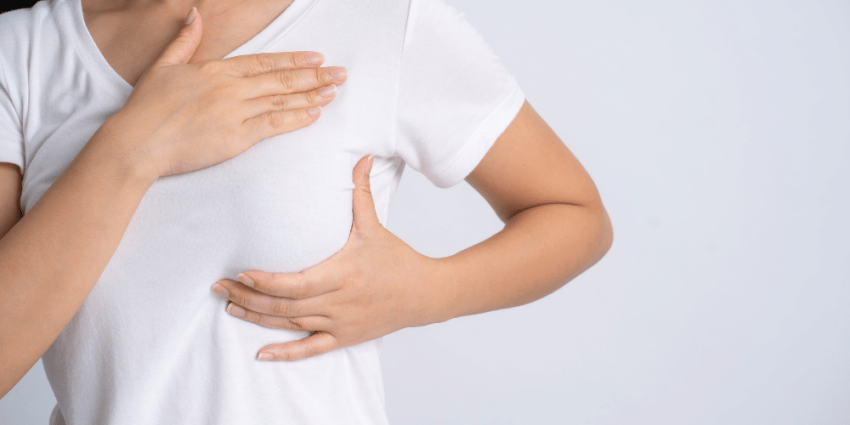



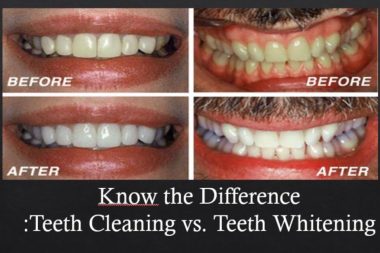


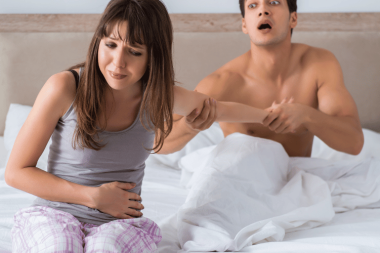
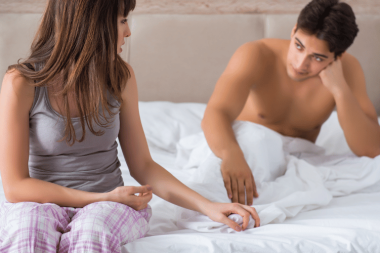
Leave a Reply